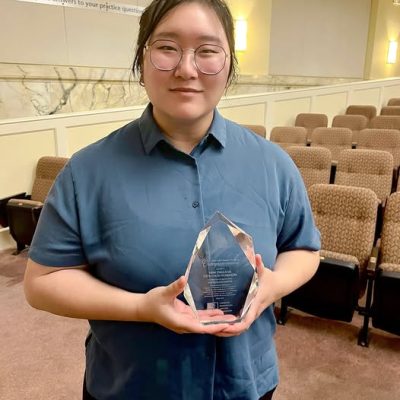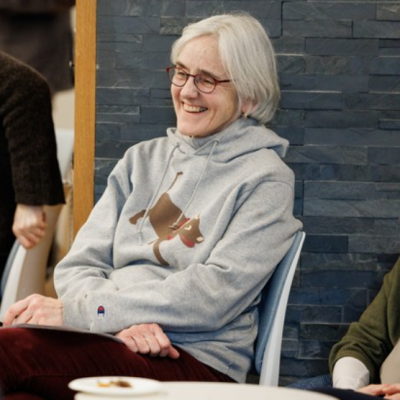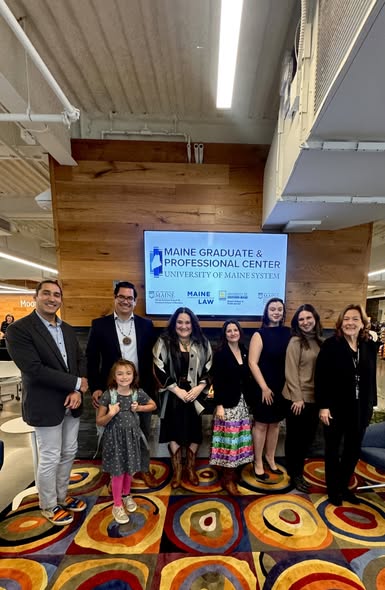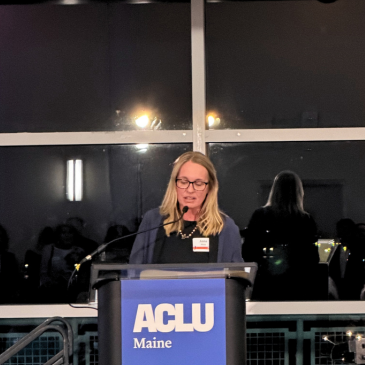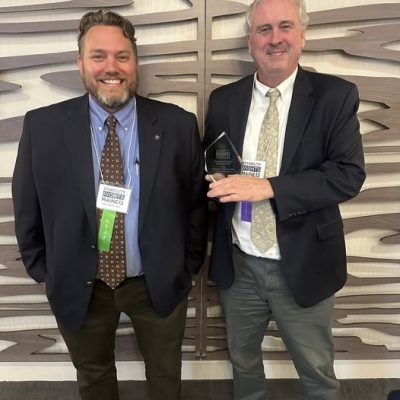“What was one of the highlights of your law school experience?”
Sahra Hassan paused to consider the question. It takes a moment to find her answer, not because she can’t think of any, she clarifies, but because there are too many.
“Oh,” she said, clapping her hands. “Winning an asylum case for my client. That’s the coolest thing I’ve ever done.” She then rattled off the date and exact time the case was decided in their favor. It was mere weeks ago, a fitting way to close out her third and final year of law school.
The list of staggering achievements for Hassan is long, and as of May 2024 she can add earning her JD to its ranks. She came to the U.S. with her family when she was 8 years old from the Dadaab Refugee Camp in Western Kenya, first to San Diego and then, in 2007, to Portland. She watched her parents go through the process to become legal permanent residents and later the naturalization process with the help of the local community, but one thing always stood out to Hassan.
“The people who helped us through these processes were kind, amazing individuals,” she recalled. “At the same time, there wasn’t anyone that looked like us, that spoke like us, or had gone through this experience.”
As a high school student, the importance of having people with similar histories working in immigration fields crystalized for Hassan, guiding her future studies and career. She attended the University of New England and then began at Maine Law. As soon as she was able, Hassan began working as a student attorney for the school’s Refugee and Human Rights Clinic. The experience has taken her to Laredo, TX and Mexico City, Mexico, working with recent and aspirant asylum seekers and also afforded her a deeper understanding of Maine’s refugee community.
“Working as a student attorney has been the honor of a lifetime,” she said. It also afforded her the skill she values most as a law student and soon-to-be lawyer: client-centered lawyering.
“These are individuals who have gone through immense trauma and pain and are legitimately fighting for their lives,” she continued. “It is essential that we treat them as human beings and individuals, put any ego aside and utilize any skills and tools we have to hear and help them.”
It’s not just important for clients to see people that might look like them or share similar experiences working in the field, it’s also essential for high schoolers or even younger students to witness her trajectory. That’s why, whenever she can, Hassan takes outreach opportunities in local schools to talk with students interested in lawyering.
“I’m a first-generation, Muslim, Hijabi, Woman of Color. I know there are not many people that look like me that receive the opportunities I have,” she added. “That is why one of my favorite things is to share my experience of law school with kids. It shows them that if this is what you want to do, you can do it.”
Hassan isn’t just an example for the next generation of lawyers, she is also a revered member of her graduating class who elected her to be the student speaker for their 2024 Commencement Ceremony.
“It’s a huge responsibility and distinction to represent my class in this way,” she said. “I’m a little nervous, but at the same time, I think I’ve got it.”
If history is any indication, she certainly does.



